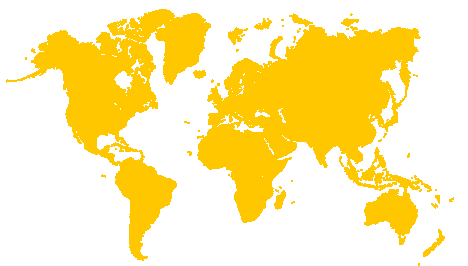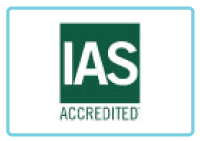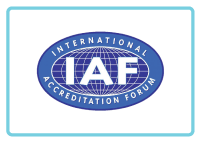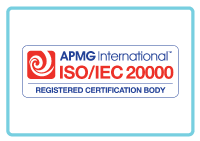- About Us Show more
- About Us Show more
-

- UNICERT offers quality value-added assessment services bringing consistency, optimisation and efficiency to improve clients’ management systems, with minimal disruption and cost to the operations.
- Find out more
-
- Services Show more
-

Certification
Formally confirming that your products and services meet all trusted external and internal standards.
Learn More
Inspection
Validating the specifications, value and safety of your raw materials, products and assets.
Learn More
Testing
Evaluating how your products and services meet and exceed quality, safety, sustainability and performance standards.
Learn More
Training
Equip your team with the vital training they need to remain at the top of their profession.
Learn More
-
- Services Show more
- Information Show more
- Information
Show more
-

- For more details of UNICERT and accreditation mark information please communicate by email: info@unicertglobal.com
-
- Standards & Industries Show more
- Contacts Show more
-
-
Global Reach
- UNICERT is the industry leader with many regions in the world. Whether your business is local or global, we can ensure your products meet quality, health, environmental, safety, and social accountability standards for virtually any market around the world.

-
-
- Worldwide Show more

ISO 50001:2018
Optimizing Efficiency Through Energy Management
Energy management is one of the top challenges of the present era. The efficient management of energy resources has huge implications on the environment and on climate change. It helps organizations reduce their carbon footprint and thus mitigate the effects of climate change. Energy management contributes significantly to sustainable development and safeguards the welfare of future generations.
What is ISO 50001?
ISO 50001:2018 is the international standard for Energy Management Systems created by the International Organization for Standardization (ISO). It has specifications for establishing, implementing, maintaining and improving an energy management system (EnMS). The objective of this standard is to enable an organization to follow a systematic approach in energy performance improvement, inclusive of energy efficiency, energy security, energy use and consumption. The standard targets to help organizations continually reduce their energy consumption leading to energy cost reductions and reduction in greenhouse gas emissions.
Who can benefit from ISO 50001?
ISO 50001:2018 can be used in any organization, whatever its size, sector or location. This standard provides a robust framework for optimizing energy efficiency in the public and private sectors. It offers guidance on benchmarking, measuring, documenting and reporting energy improvements and projected greenhouse gas (GHG) reductions. ISO 50001:2018 also supports the evaluation and prioritization of the implementation of new energy-efficient technologies. ISO has stated that the standard could influence up to 60 per cent of the world’s energy use.
What are the key benefits of ISO 50001:2018?
- Significant financial savings from increased energy efficiency
- Business gets a leading edge through enhanced marketing capabilities
- Enables continual improvements on energy performance
- Ensures compliance with legal and regulatory requirements
- Reduced greenhouse gas (GHG) emissions and carbon footprint
- System compatibility enables ISO 50001 to be easily integrated with existing management systems such as ISO 9001 and ISO 14001
- Ensures best practice energy management systems are implemented
- ISO 50001 framework facilitates the management of energy bills and expenditure
- Reduction in costs leads to competitive advantage
- Improved environmental performance, productivity and compliance
- Creates transparency and facilitates communication on the management of energy resources
- Reduces risk and increases energy security
- Creates a framework for promoting energy efficiency throughout the supply chain
- Increases stakeholder confidence through organizational commitment to integrated climate change emissions reduction strategy
- Certification to international standard demonstrates public commitment to energy management
CERTIFICATION
ACCREDITATION









Copyrights © 2020 All Rights Reserved.


